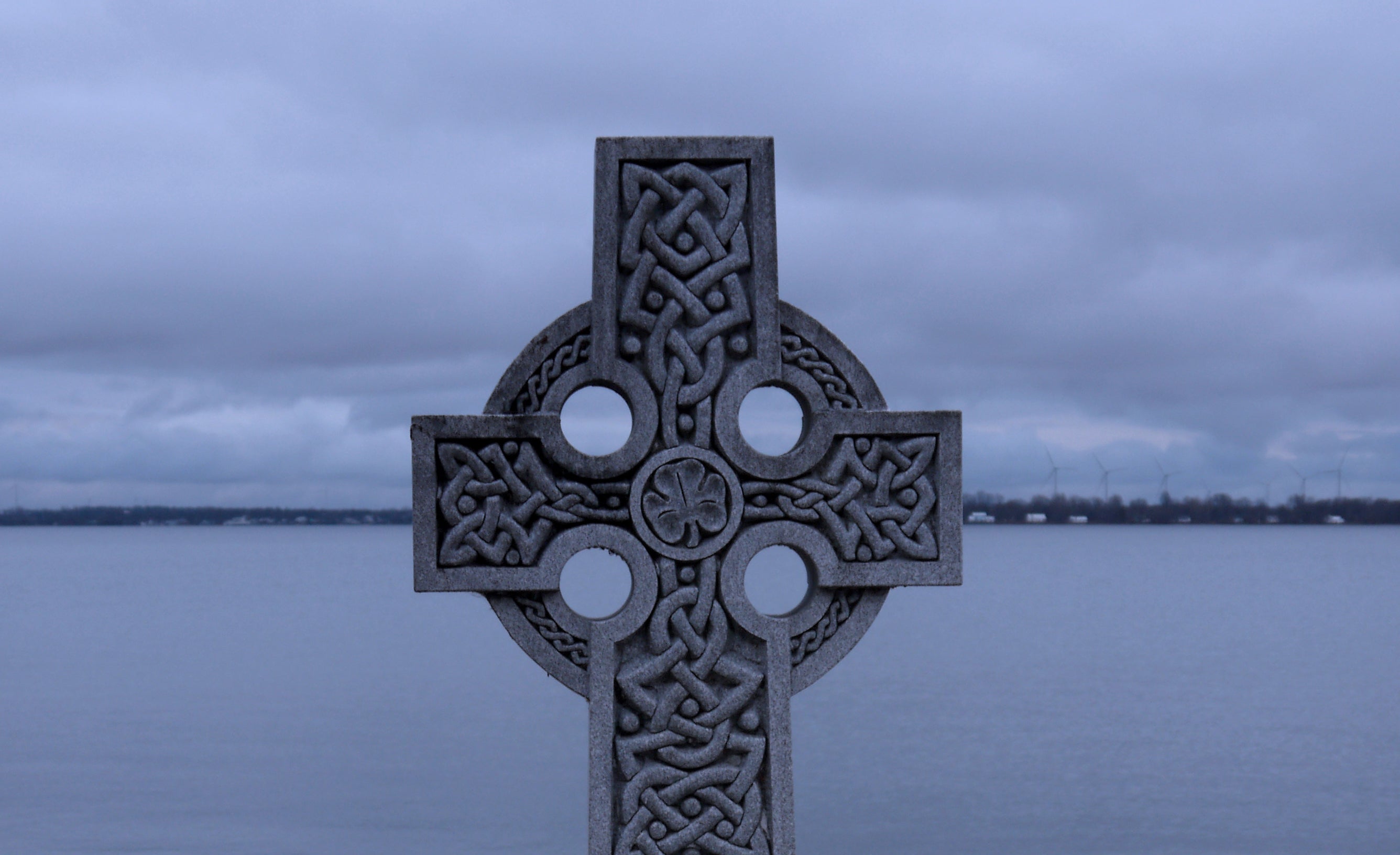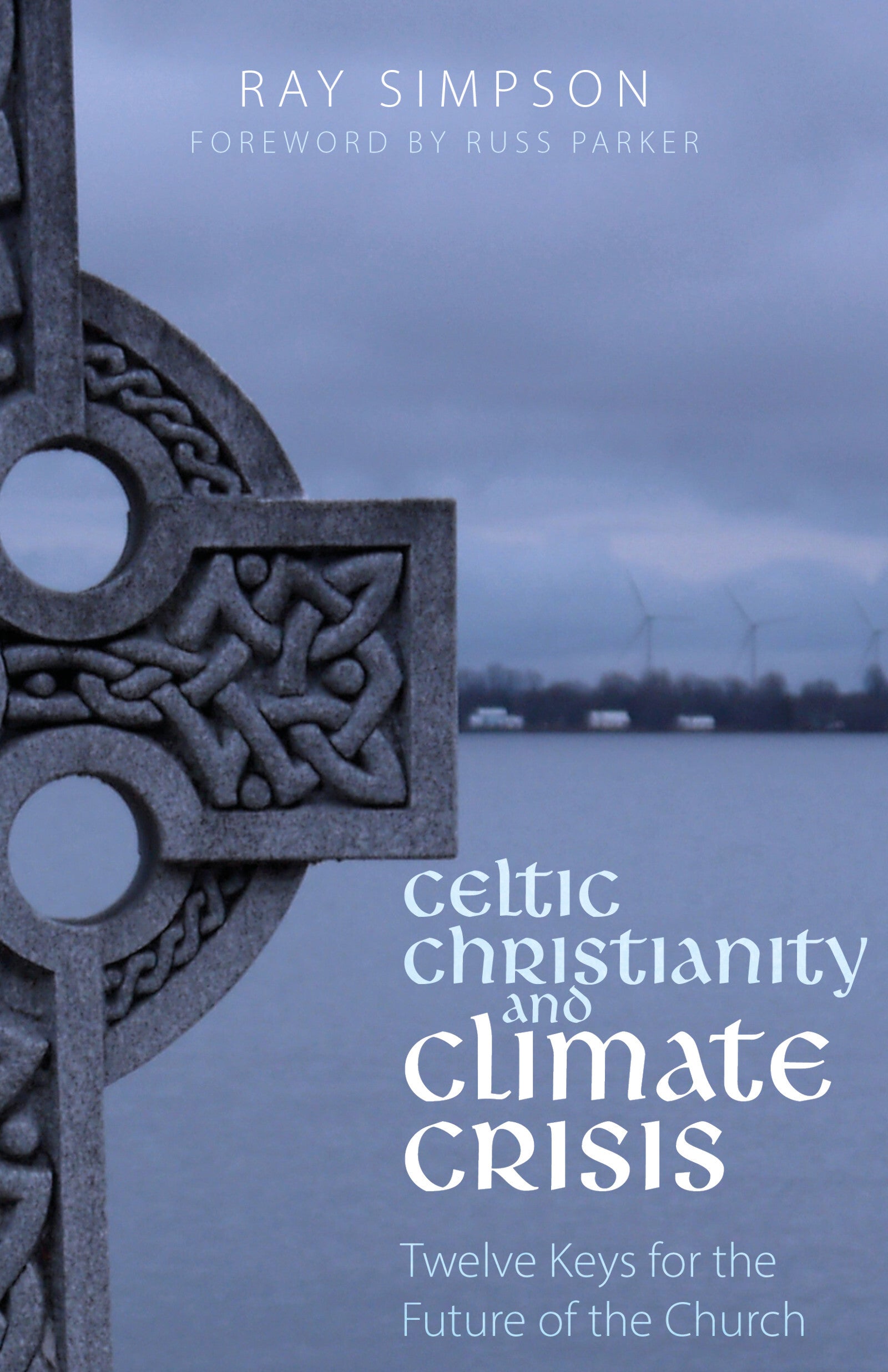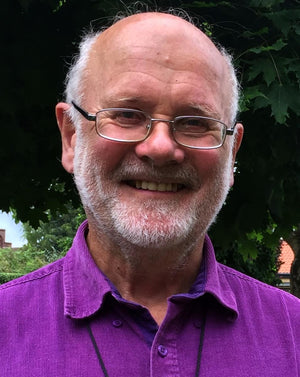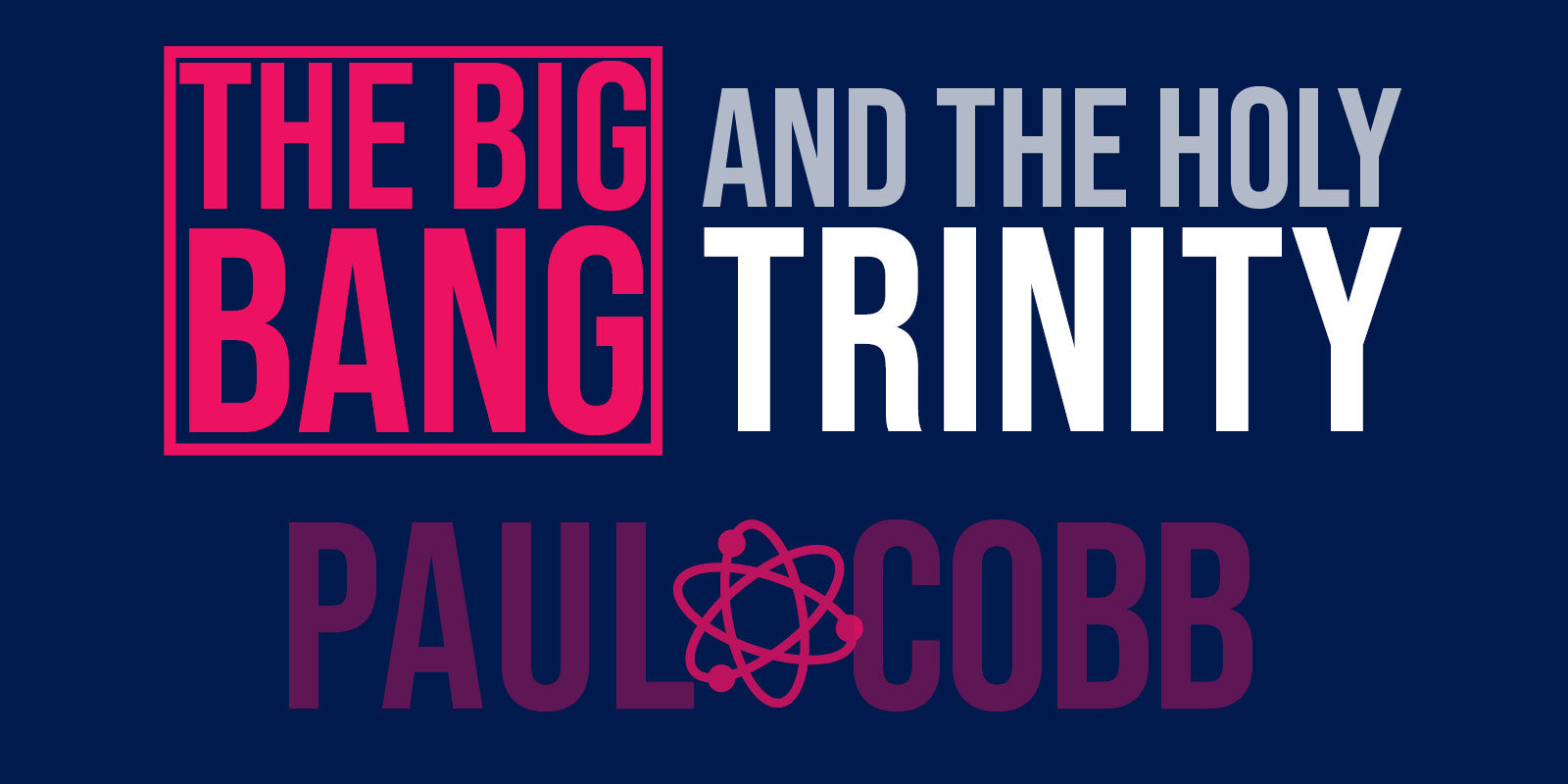 GUEST BLOG: Ray Simpson looks to Celtic Christianity for keys to the future of the global church.
GUEST BLOG: Ray Simpson looks to Celtic Christianity for keys to the future of the global church.
Due to COVID-19 we had to cancel retreats at our Holy Island Retreat House, The Open Gate, but since the start of the pandemic we have seen a rapid increase in bookings of our Zoom “retreats” on aspects of Celtic Christianity. Thinkers from Europe and North America ask me: “What are your thoughts on post-COVID society? How does Celtic Christianity relate to this?”
My new book, Celtic Christianity and Climate Crisis: Twelve Keys for the Future of the Church, offers a critique of and an alternative to today’s flawed capitalist system. This system which is based on “Grow or die” must be replaced with “Steward or die”.
Sadly, Christianity is dismissed as a fulcrum of this necessary change because it has frequently been tied to imperialist structures and false, unbiblical teaching about dominion over creation. I argue that is why a model of Christianity that is creation-friendly and people-friendly is vital, and that Celtic Christianity’s time has come for this new era.
Since I wrote Exploring Celtic Spirituality 25 years ago, I have received innumerable heart-warming affirmations, and a number of Celtic new monastic movements have emerged. At the same time, criticisms of Celtic Christianity have also accumulated. For ten years, I have dedicated myself to examining every serious criticism levelled against Celtic Christianity.
This has involved reading and reflection. I have boiled the criticisms down to twelve. Criticisms include these: Celtic Christianity is neither creation- nor woman-friendly; its penances are masochistic; it is unbiblical or Pelagian and therefore heretical; its current protagonists are merely frustrated metropolitan English writers; sources are too fragmentary to build anything upon; it is indistinguishable from the rest of the Catholic Church or (the opposite criticism) every tribal church was unique so there are no common Celtic church characteristics; it was monastic and therefore irrelevant to modern society.
I note the growing number of universities with Celtic Studies. We have established a Celtic Christianity library at Lindisfarne which aims to stock every serious book in English on Celtic Christianity. As I have studied a criticism I have also researched source materials. I liken my research to mining. There is indeed much dross to discard, but underneath is something solid, priceless and enduring—the “quarry from which we are hewn”.
From this bedrock of roots, rhythms, relationships and reality, I identify twelve golden keys for the future of the Church and the world. These include restorative justice; the beauty of the origins of all humanity; a recovery of the Triune God as Relationship; and an understanding of salvation as a restoration of Eden—that is of the whole of humanity and the whole of creation. It is an appeal to young climate emergency campaigners, illustrated with stories and teachings of Celtic saints, to recognize that all creation flows from Christ, and only he can show us how to respond to the looming catastrophe.
The book begins with these sentences: “The systems that dominate our economics, politics and much religion are based on humankind taking more and more from a finite world. The climate crisis reveals the truth expressed by Columbanus: If you trample the earth the earth will trample you.”
It ends with the twelve keys for our future:
- God is at the heart of creation calling us to heal it.
- Indigenous principles of mission are more important than imposed uniformity.
- “Celtic” means reality, roots, rhythms, relationship.
- Weave together Christianity’s separated strands: catholic, biblical, charismatic, community, creation.
- Release the power of the eternal feminine.
- Let the Bible open windows to God, not put God in boxes.
- Our surfeited world must draw from the pure ancient well-springs.
- To know the beauty of our origins inspires us to live for good.
- The world awaits a re-awakening that cleanses, earths and re-connects.
- Restorative justice and spiritual fitness are society’s lungs.
- Humanity’s home is the communion of loves in the heart of God.
- A robotized world can grow communities of love.
Ray Simpson is the Founding Guardian of the international Community of Aidan and Hilda, its principal liturgist and tutor of its Celtic Christian Studies programs. He is the author of some forty books on Celtic Christianity, spirituality and the Church.
His new book, Celtic Christianity and Climate Crisis, shows how Celtic Christianity holds the key not only for the future of the Church but of the whole planet. Get your copy today.











